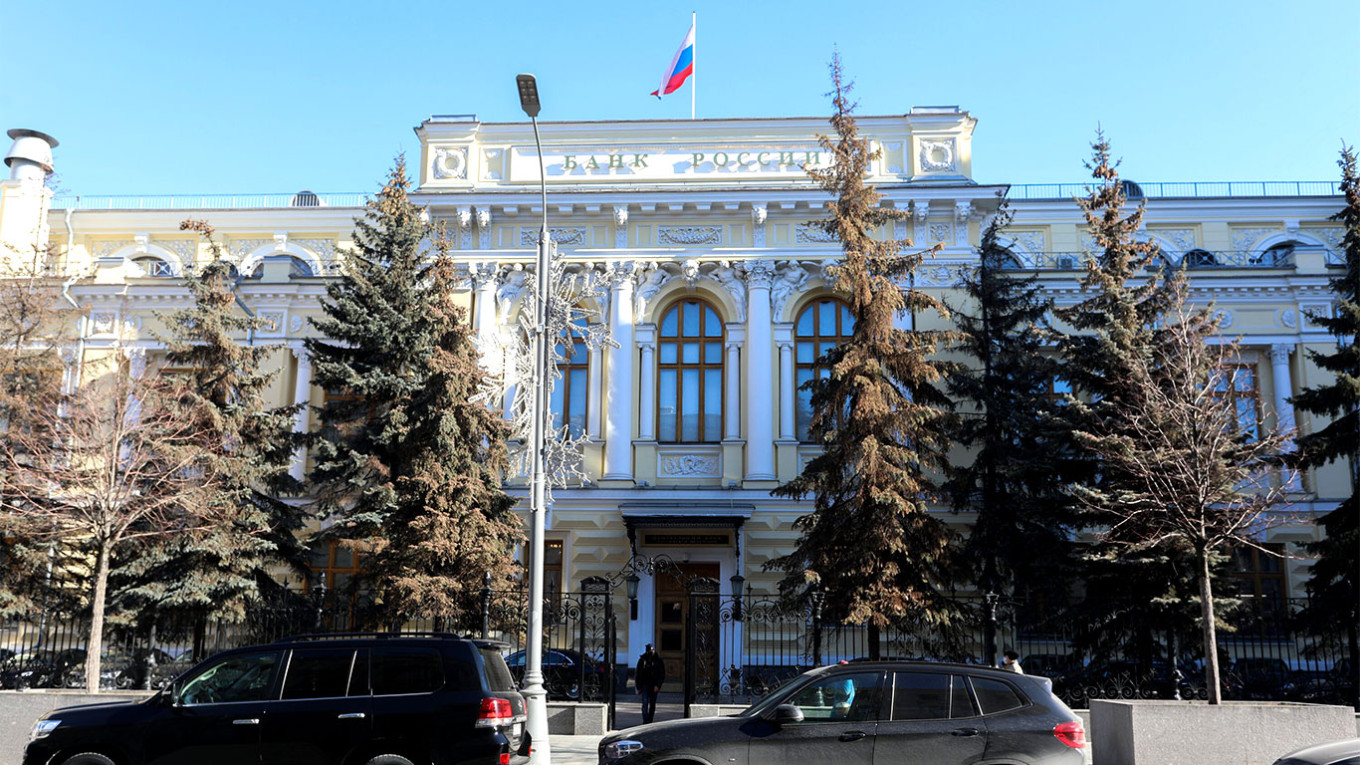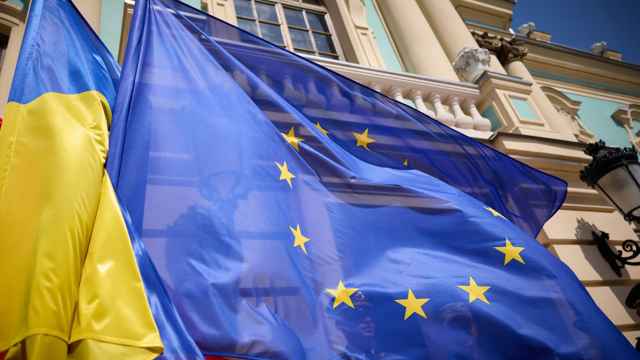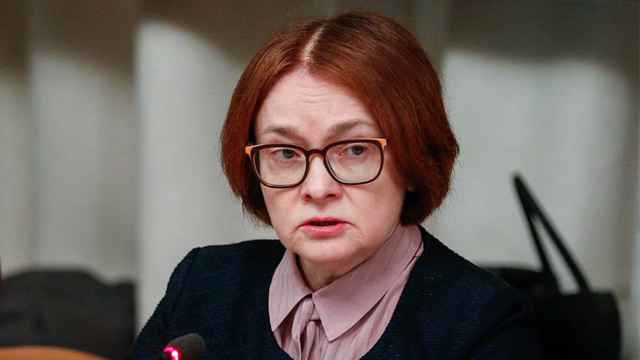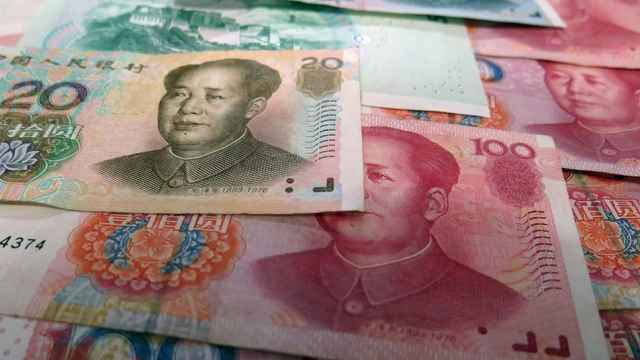A total of 7.4 billion Swiss francs ($8.3 billion) of reserves and assets of the Russian Central Bank are being held in Switzerland, the Swiss economic affairs ministry said Wednesday.
Transactions related to the management of Russia's Central Bank assets and reserves have been prohibited since a month after Moscow launched its full-scale invasion in February 2022, the ministry said in a statement, adding that "the bank's assets have been immobilized."
The Swiss government had been informed Wednesday of the amount of Russian Central Bank assets and reserves held in the wealthy Alpine nation after imposing a new reporting requirement in March, the statement said.
The State Secretariat for Economic Affairs (SECO) stressed that the "sum of immobilized assets should be distinguished from the sum of frozen funds and assets in Switzerland."
To date, Switzerland — long a favored destination for wealthy Russians and their assets — has frozen some 7.5 billion Swiss francs in Russian funds and assets, owned or controlled by sanctioned persons, companies or entities, it said.
Traditionally neutral Switzerland decided four days after Russia invaded Ukraine on Feb. 24, 2022, to align itself with the neighboring European Union's sanctions against Moscow, obliging banks to pass on information on clients or firms targeted.
Wednesday's statement stressed that "it will remain mandatory to report reserves and assets of the Russian Central Bank, and reporting will take place regularly, on a quarterly basis."
"In the event of extraordinary and unforeseen loss or damage, there is an obligation to report this immediately to SECO."
It highlighted that within the neighboring EU, "there are ongoing discussions on whether assets of the Russian Central Bank should be invested and the proceeds used for the reconstruction of Ukraine."
"Switzerland is following these discussions closely."
A Message from The Moscow Times:
Dear readers,
We are facing unprecedented challenges. Russia's Prosecutor General's Office has designated The Moscow Times as an "undesirable" organization, criminalizing our work and putting our staff at risk of prosecution. This follows our earlier unjust labeling as a "foreign agent."
These actions are direct attempts to silence independent journalism in Russia. The authorities claim our work "discredits the decisions of the Russian leadership." We see things differently: we strive to provide accurate, unbiased reporting on Russia.
We, the journalists of The Moscow Times, refuse to be silenced. But to continue our work, we need your help.
Your support, no matter how small, makes a world of difference. If you can, please support us monthly starting from just $2. It's quick to set up, and every contribution makes a significant impact.
By supporting The Moscow Times, you're defending open, independent journalism in the face of repression. Thank you for standing with us.
Remind me later.






